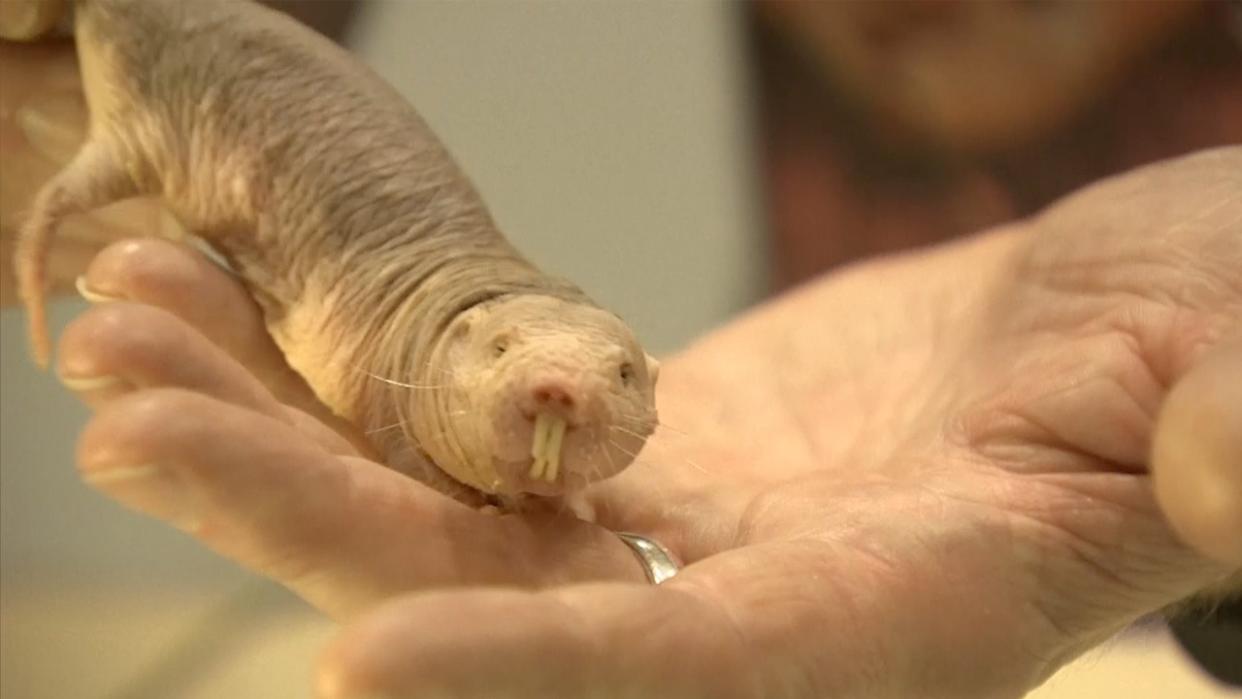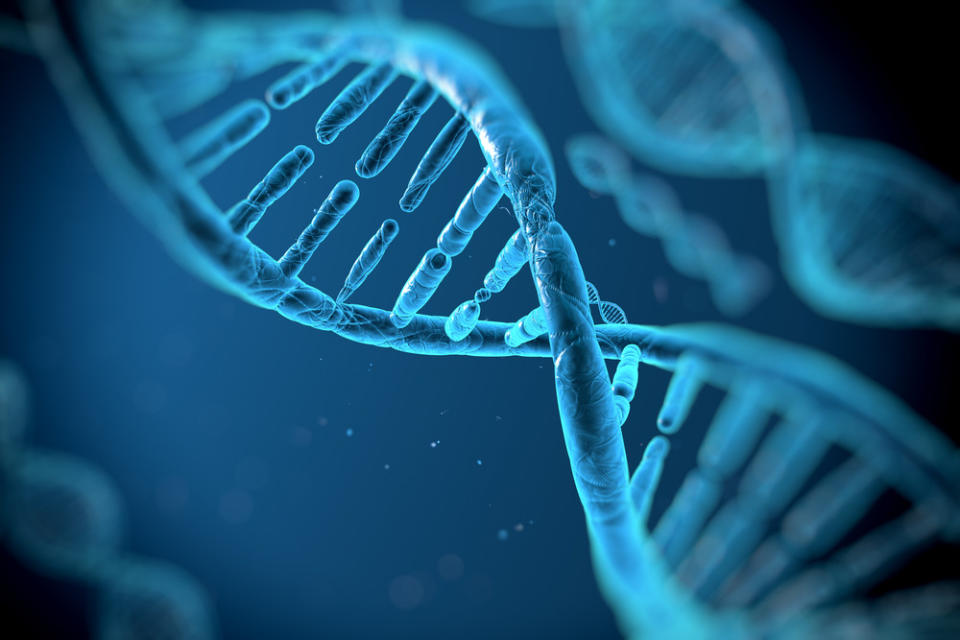Weird rats ‘don’t age at all’, and could hold secret to longer human lives

They’re not the most attractive of creatures, but naked mole rats could hold the secret of longer lives for human beings.
A new study by anti-ageing researchers found that the creatures – who also boast a near-total immunity to cancer – don’t seem to age at all.
Specifically, the risk of death doesn’t rise at all in the rodents, which are found in the desert in East Africa.
In humans, the risk of death roughly doubles each year after 30.
MOST POPULAR ON YAHOO UK TODAY
The cost of the British passport is about to go up significantly
Couple find parasites burrowing into their FEET on Caribbean tourist beach
Not a camera trick: The world’s tallest man has just met the world’s shortest woman
Angela Merkel ‘mocked Theresa May for her Brexit demands’ during secret briefing
Patient’s relative ‘dies after being sucked into MRI machine’
Google’s anti-ageing company Calico is researching the animals in hope of finding a way for humans to live longer.
Bill Maris of Calico has said that he believes it should be possible for humans to live ‘for 500 years’, according to Wired.

Lead researcher Rochelle Buffenstein of Calico said, ‘To me this is the most exciting data I’ve ever gotten. It goes against everything we know in terms of mammalian biology.
‘Our research demonstrates that naked mole rats do not age in the same manner as other mammals, and in fact show little to no signs of ageing, and their risk of death does not increase even at 25 times past their time to reproductive maturity.
‘These findings reinforce our belief that naked mole rats are exceptional animals to study to further our understanding of the biological mechanisms of longevity.’

 Yahoo News
Yahoo News 

